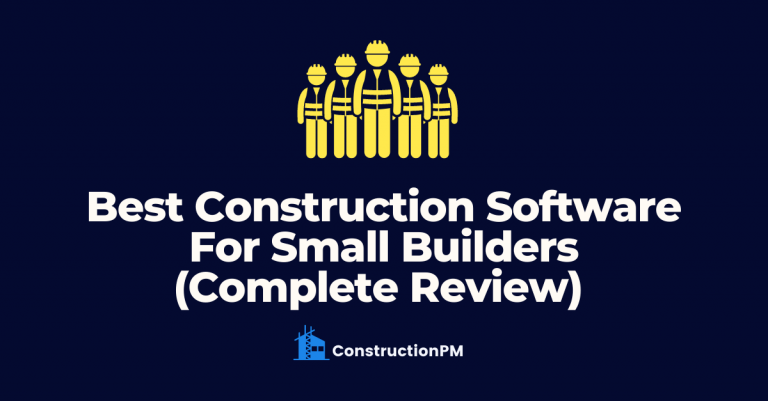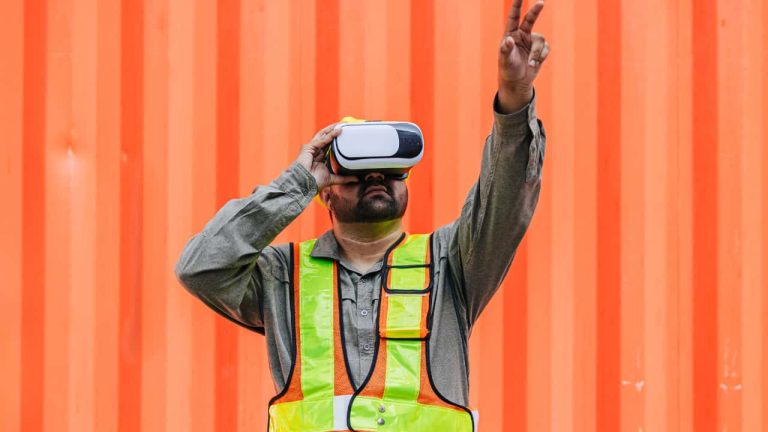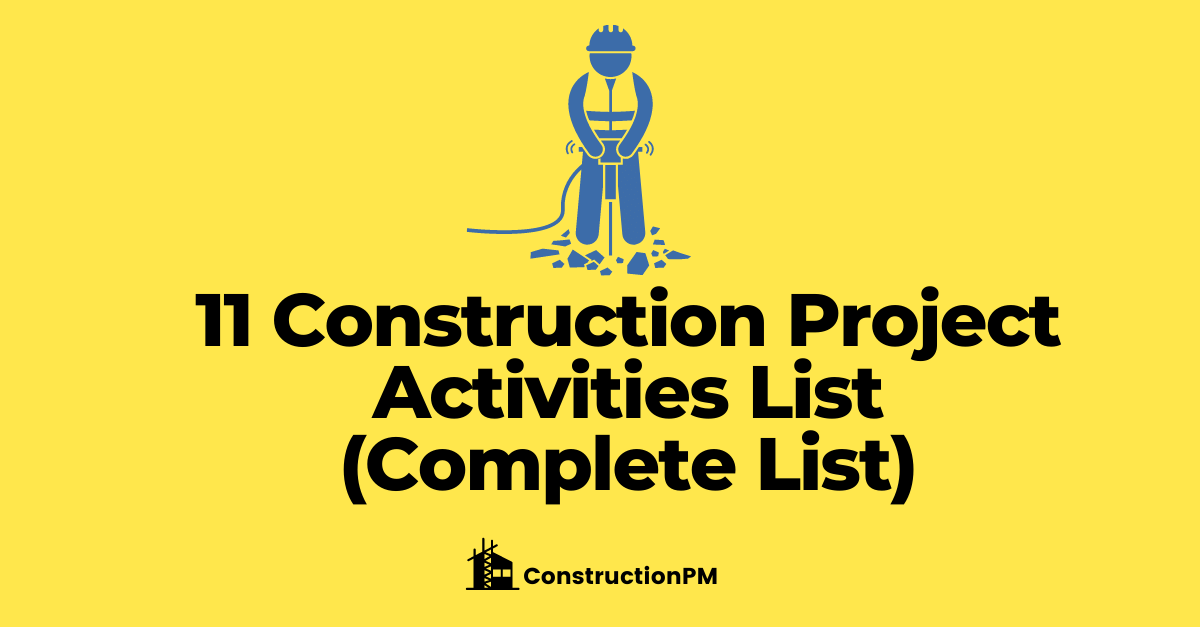
No matter the size of your construction project, it is essential to have a plan and stay on track.
An activity list will ensure that all aspects of the project are completed on time and within budget.
Here is a sample construction project activities list that you can use as a guide for your next project.
Table of Contents
15+ Types Of Construction Activities List & Building Construction Work List
1. Marking & Grading
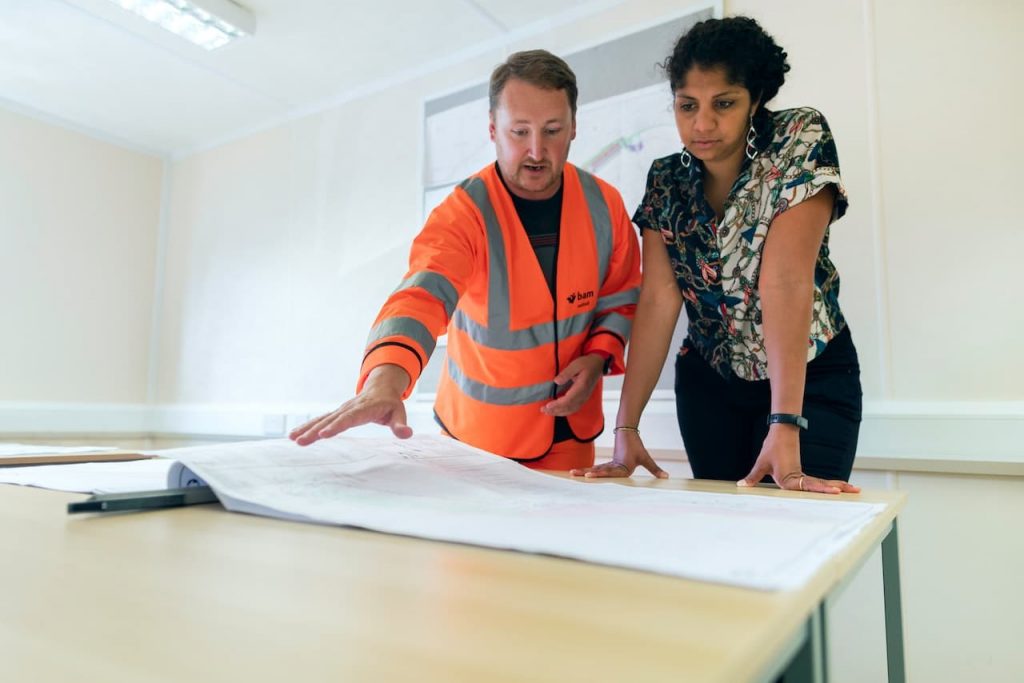
Marking and grading is one of the first construction activities, which involves marking the plot area for a source.
It helps the workers to always be able to prepare themselves in terms of their workspace. For a new project, the first step is always to clear the land.
Marking and grading come next and are used to establish property boundaries and grades. This activity requires heavy machinery like bulldozers and excavators. The workers use these machines to remove any obstructions on the ground and to level the land.
After the ground has been cleared and levelled, it is ready for the next phase of construction.
You Might Like this:
No products found.
No products found.
2. Excavation
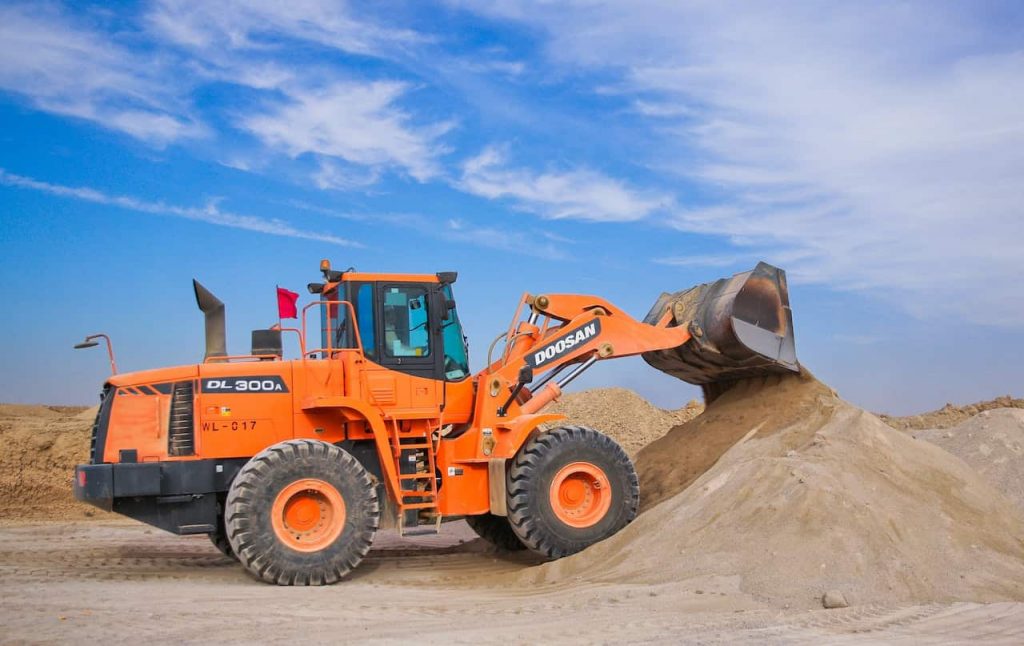
Construction activities associated with excavation can be broadly divided into two categories: earthmoving and rock removal. Earthmoving generally refers to the process of excavating soil and other materials to level a site or prepare it for building construction.
This can involve the use of bulldozers, scrapers, and other heavy equipment. Rock removal, on the other hand, generally refers to the process of blasting and removing large rocks and boulders from a construction site.
This is often done to make way for roads or other infrastructure. Excavation is a critical part of many construction projects, and it is important to choose the right type of activity based on the needs of the project.
Increase Construction Safety:
No products found.
3. Concreting
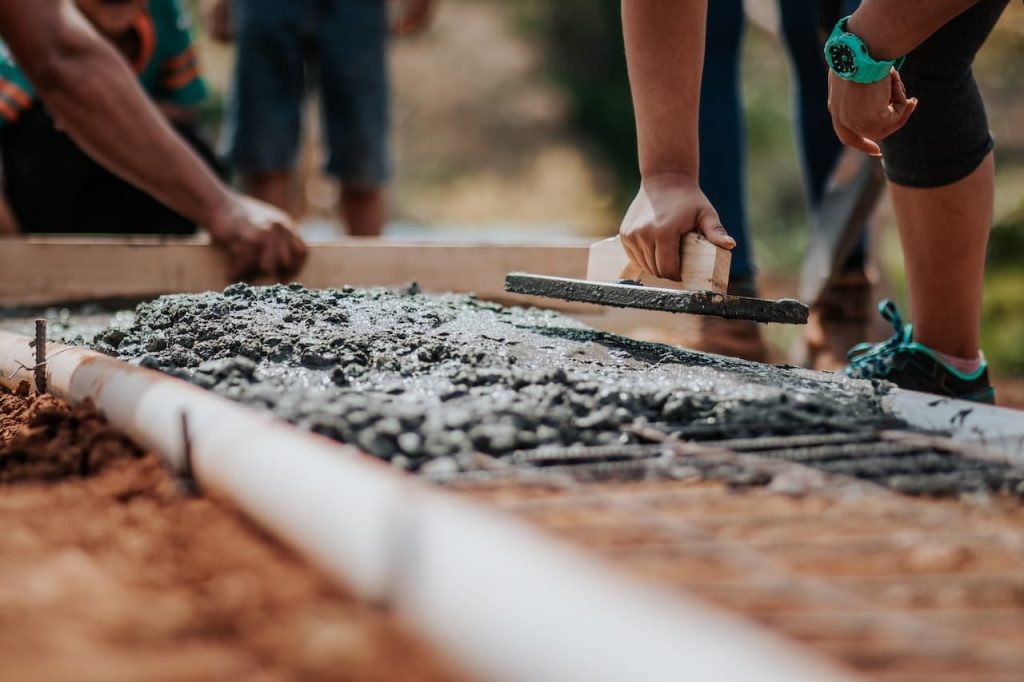
Concreting is the process of creating a hardened surface by mixing cement, aggregate, and water. It is one of the major important activities in construction, as it forms the foundation for many structures.
Now types of concrete, each with its unique properties. For example, some concrete is designed to be very strong and durable, while others are more flexible and can be used in a variety of applications.
The type of concrete used will depend on the intended use of the finished product. In general, concreting is a very labour-intensive process, as it involves mixing large quantities of materials by hand.
However, the end result is a strong and sturdy surface that can withstand a great deal of wear and tear.
4. Brick masonry
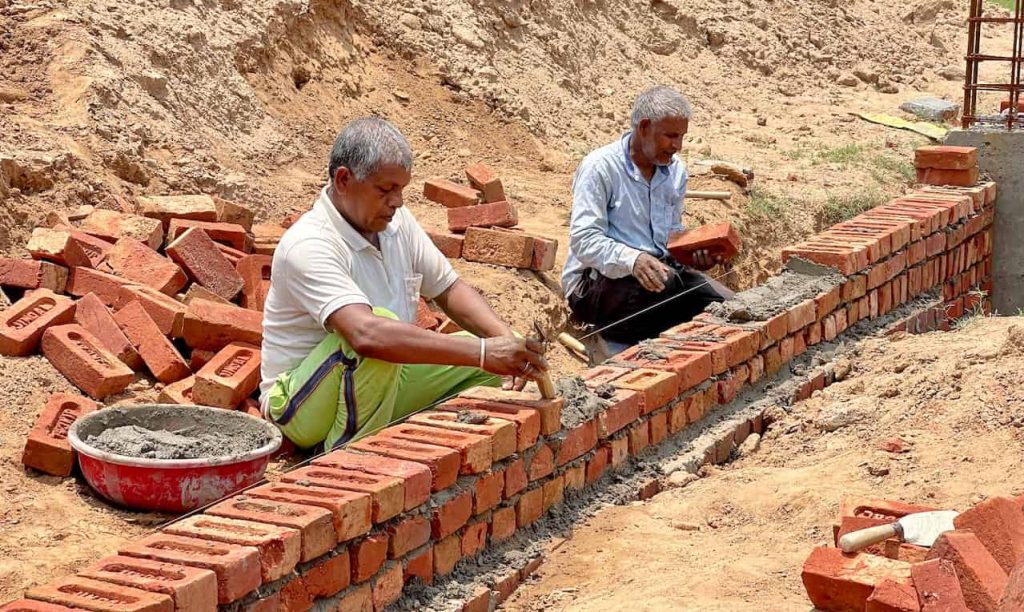
For centuries, bricks have been a popular choice for construction projects due to their durability and aesthetic appeal. Today, they continue to be used extensively in both commercial and residential buildings.
One of the key advantages of bricks is that they can be laid in a variety of patterns, which can add visual interest to a structure. In addition, bricks are highly fire-resistant and respond well to weathering, making them an ideal material for exterior walls.
While bricks are typically more expensive than other construction materials, their long-lasting qualities make them a wise investment. When it comes to choosing the right building material for your next project, don’t overlook the tried-and-true brick.
You Might Like This:
No products found.
5. Carpentry

Carpentry is a highly skilled field that has been around for centuries. In fact, the word “carpenter” comes from the Latin word for “wood”. Carpenters are responsible for cutting and shaping the wood to be used in the construction of homes, businesses, and other structures.
In addition to wood, carpenters may also work with metal, concrete, and plastic. There are many different types of carpentry, including cabinet making, framing, and finish work.
6. Plumbing
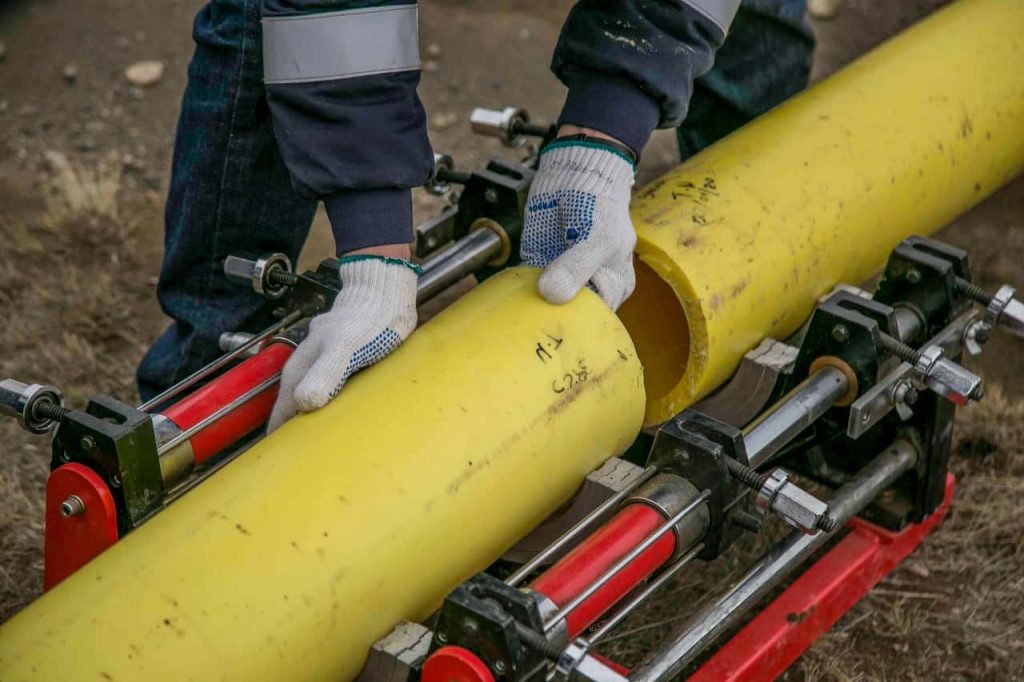
Plumbing is a critical component of any construction project. Without plumbing, structures would be unable to access potable water or remove waste. As a result, plumbing must be installed in a careful and precise manner.
Incoming water pipes must be properly sized and laid out to ensure an adequate supply of water, while outgoing waste pipes must be properly vented to prevent the build-up of dangerous gases.
In addition, fixtures such as sinks, toilets, and showers must be properly installed to ensure they function properly. There are many factors to consider, it’s no wonder that plumbing is considered the most challenging aspect of construction.
However, when done correctly, plumbing can help ensure a structure is safe and comfortable for occupants.
You Might Like This:
No products found.
7. Welding
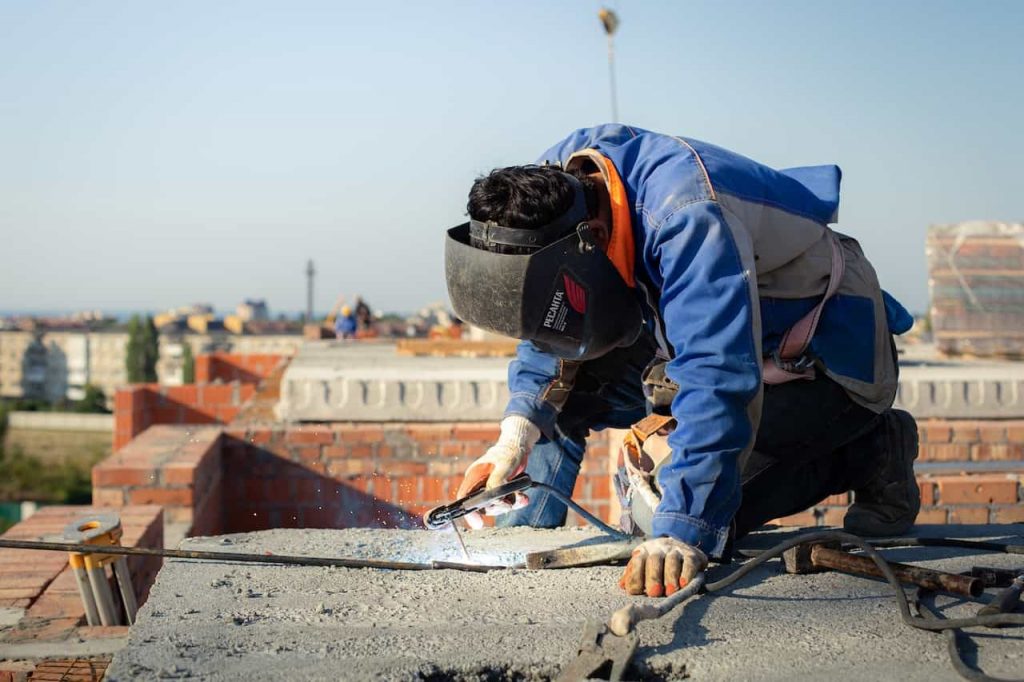
Welding is a process of connecting two or more pieces of metal by heating them until they melt and then cooling them so that they fuse.
It is an essential process in construction, as it allows us to create strong structures from individual parts.
There are many different welding methods, and each has its advantages and disadvantages. The most commonly used welding method in construction is arc welding, which is suitable for joining both thin and thick pieces of metal.
Another popular method is gas welding, which is often used for repair work. Whatever the method, welding is a skilled trade that requires training and practice to master. However, once someone has learned how to weld, they can be assured of a great career in construction.
8. Electrical
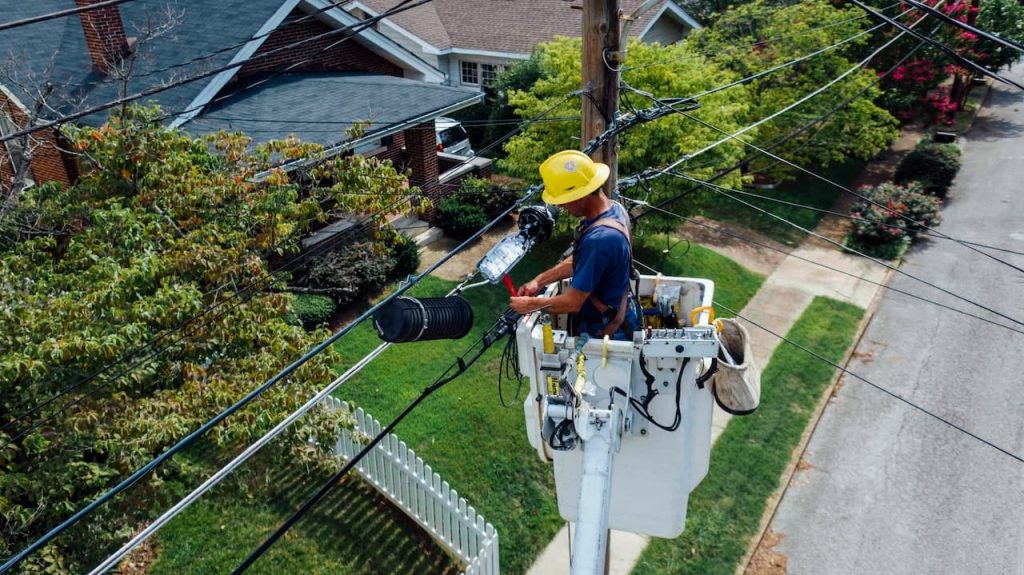
Electricians play a vital role in the construction process, as they are responsible for ensuring that the structure has full access to electricity.
There are several steps involved in the installation of electricity, including temporary electrical needs, a rough installation, and the final installation.
The first step is to connect the building to the transformer provided by the electrical company. This is usually done by running a cable from the transformer to the building.
Once this is done, the electrician will then install the wiring and outlets in the building. Finally, they will test the system to ensure that it is working properly.
No products found.
9. Roof Laying

The roof is one of the major parts of any structure. It helps to protect the building from the elements and can provide stability for the walls.
There are a variety of different roofing materials that can be used, depending on the type of building and the climate. Shingles are a common choice for residential roofs, but there are also metal, polycarbonate, and steel roofs, as well as many others that are used for different purposes.
The material that is used for roofing must be able to withstand the weight of the structure, as well as the wind, rain, snow, and other elements.
In addition, it is important that the roofing material is fire-resistant and does not rot or corrode. This is the most important phase in the Construction Project Activities List.
No products found.
10. Glazing

Glazing plays an important role in the construction of both residential and commercial buildings. Not only does it provide a barrier against the elements, but it also helps to regulate temperature and control noise levels.
In addition, glazing can add aesthetic appeal to a building, helping to create a pleasing environment both inside and out. There are a variety of different types of glazing available, each with its unique benefits.
For example, stained glass can add beauty and visual interest to a space, while tinted glass can help to reduce glare and heat transmission.
So, it is important to carefully select the right type of glazing for each project to achieve the desired results.
No products found.
11. Finishing
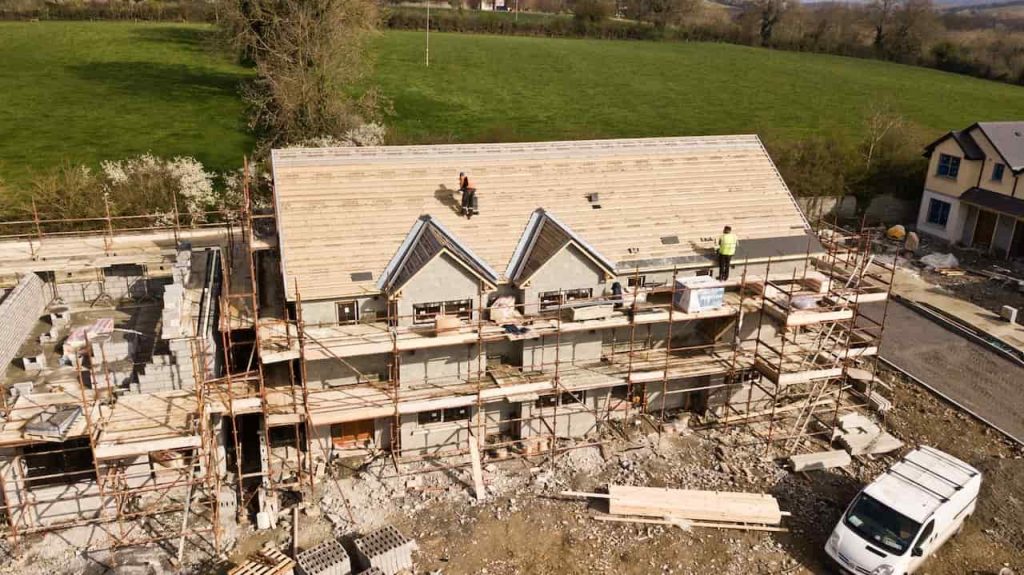
After the frame of a building has been erected and the roof has been installed, the construction process is far from over. In order to prepare a structure for occupation, several final touches must be completed.
This process is known as finishing, and it can include everything from installing drywall to laying flooring.
While some finishing work can be completed by untrained workers, other tasks, such as electrical work, require the expertise of a licensed professional.
In addition to functional considerations, finishing work also allows for the incorporation of aesthetic elements that can give a building its unique character.
As such, the finishing stage of construction is essential in creating functional and attractive spaces that can be enjoyed by many.
Certainly, here are four additional construction project activities that you can add to your article to provide a more comprehensive overview of the topic:
12. Foundation Work:
Foundation work is a critical initial step in construction. It involves excavating and preparing the ground to support the weight of the entire structure. Depending on the project’s requirements, this may include pouring concrete footings, creating foundation walls, or even using specialized foundation systems like pilings or caissons. The quality and stability of the foundation are essential for the structural integrity of the building.
13. HVAC Installation:
Heating, Ventilation, and Air Conditioning (HVAC) systems are essential for ensuring a comfortable and controlled indoor environment. This activity includes the installation of heating and cooling equipment, ductwork, and ventilation systems. Proper HVAC design and installation are crucial for energy efficiency and occupant comfort, making it a significant aspect of any construction project.
14. Insulation and Weatherproofing:
To maintain energy efficiency and protect the building from the elements, insulation and weatherproofing are vital. This activity involves adding insulation materials to walls, roofs, and floors to regulate temperature and reduce energy costs. Proper weatherproofing includes sealing gaps and joints to prevent air and moisture infiltration, which can lead to structural damage and reduced comfort.
15. Interior and Exterior Finishes:
The finishing touches of a construction project can greatly impact its aesthetics and functionality. Interior finishes include tasks like drywall installation, painting, flooring, and cabinetry installation. Exterior finishes encompass tasks such as cladding installation, landscaping, and the application of final coatings. Well-executed finishes not only enhance the building’s appearance but also contribute to the overall user experience.
By incorporating these additional construction project activities into your article, you’ll offer a more comprehensive view of the diverse tasks involved in the construction process, helping your readers gain a deeper understanding of the subject.
FAQ’s For construction works list
What are construction activities?
Construction activities are the tasks involved in building structures. This includes building construction work like laying foundations, framing structures, installing roofs, and completing finishing touches.
What are the 5 construction activities?
The 5 construction activities often include foundation work, framing, roofing, interior finishing, and exterior landscaping. These tasks vary based on the type and scope of the construction project.
What are the 7 types of construction?
The 7 types of construction refer to different project categories: residential, commercial, industrial, infrastructure, heavy, environmental, and institutional construction. Each type involves specific construction activities.
What are the main activities of a construction company?
A construction company’s main activities include planning projects, preparing sites, managing construction works, and overseeing the entire process. This involves tasks like excavation, foundation work, structural framing, and interior finishing.
Can you provide a detailed building construction activities list?
Certainly! A building construction activities list may consist of tasks such as site preparation, concrete pouring, masonry, electrical wiring, plumbing, insulation, drywall installation, and interior finishing. This list is essential for project planning and management.
How does a construction activities list differ from a building construction activities list?
While a construction activities list is more general and may include tasks applicable to various construction projects, a building construction activities list specifically outlines the tasks involved in constructing a building. The latter is more detailed and tailored to the nuances of building construction.
Conclusion:
I hope you found all the Construction Project Activities List in this article. Please share this blog with your social media if you found this helpful. Ty for reading!
Manage Construction Projects 10X Faster
Use the ConstructionPM Google Drive-based app to automate all of your project management tasks
You May Also Like:
How to manage a construction Project Step By Step
Best swimming pool management software
Construction Project Management Checklist
Best Construction Management Certifications
Construction Project Management Checklist
Best Laptops For Construction Managers
Best Tablets For Construction

